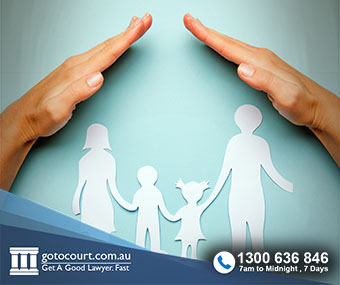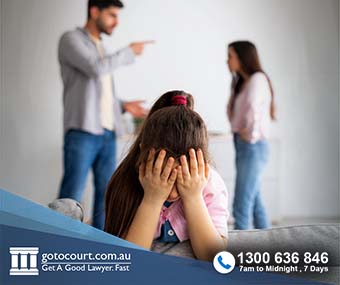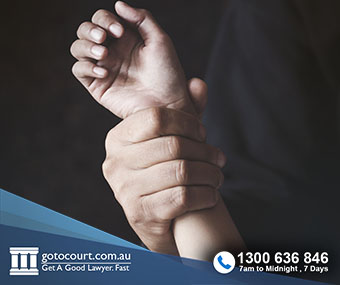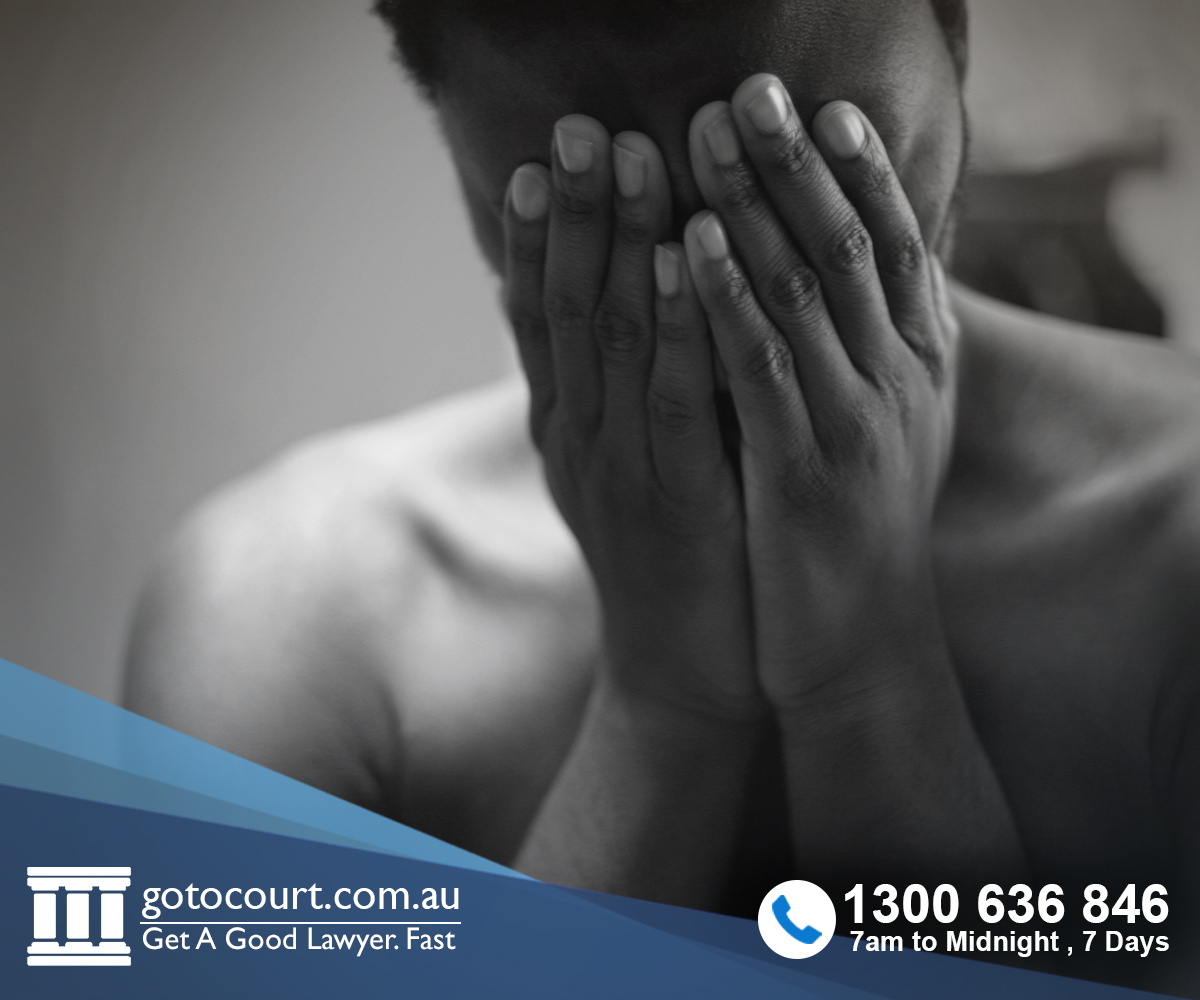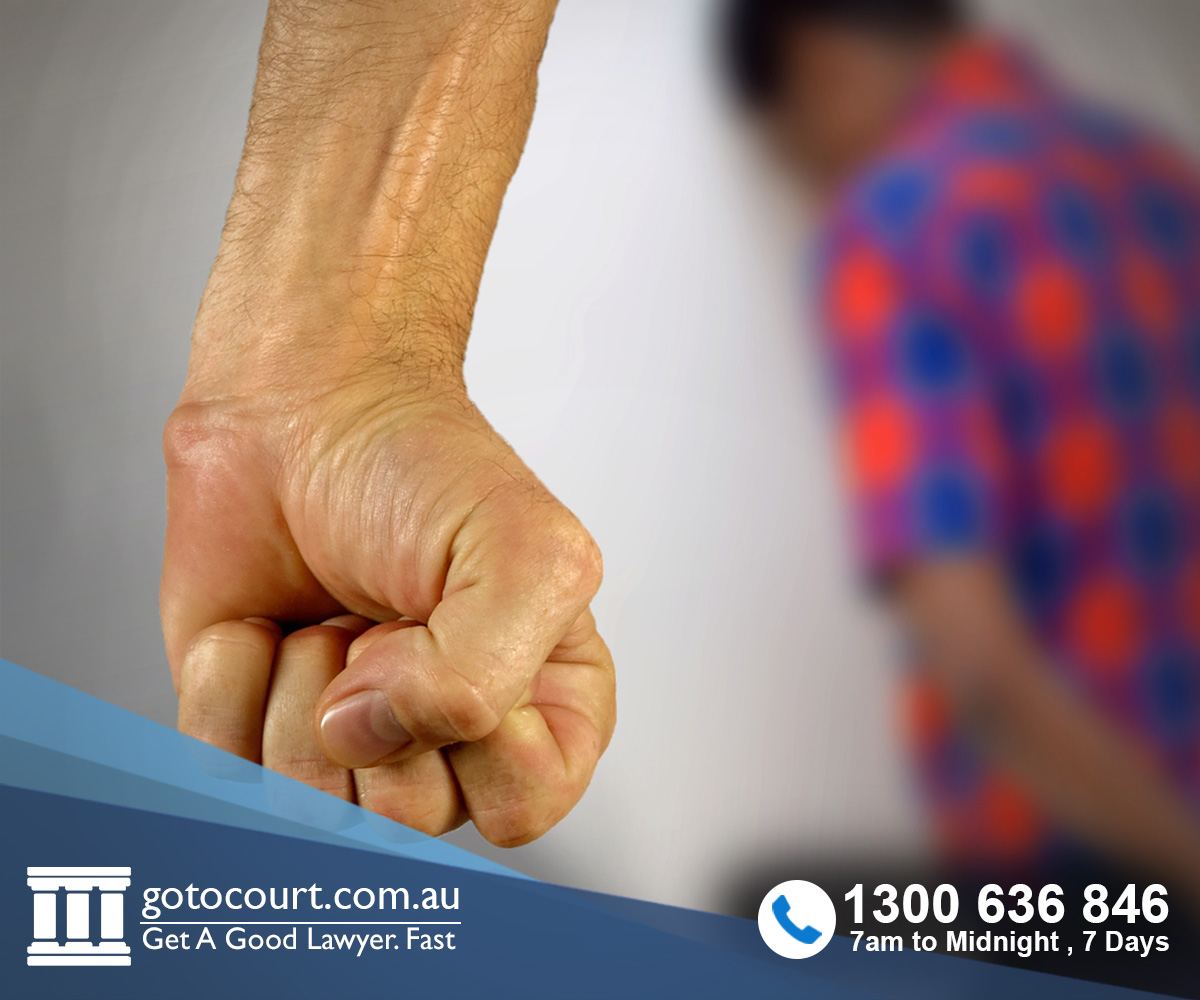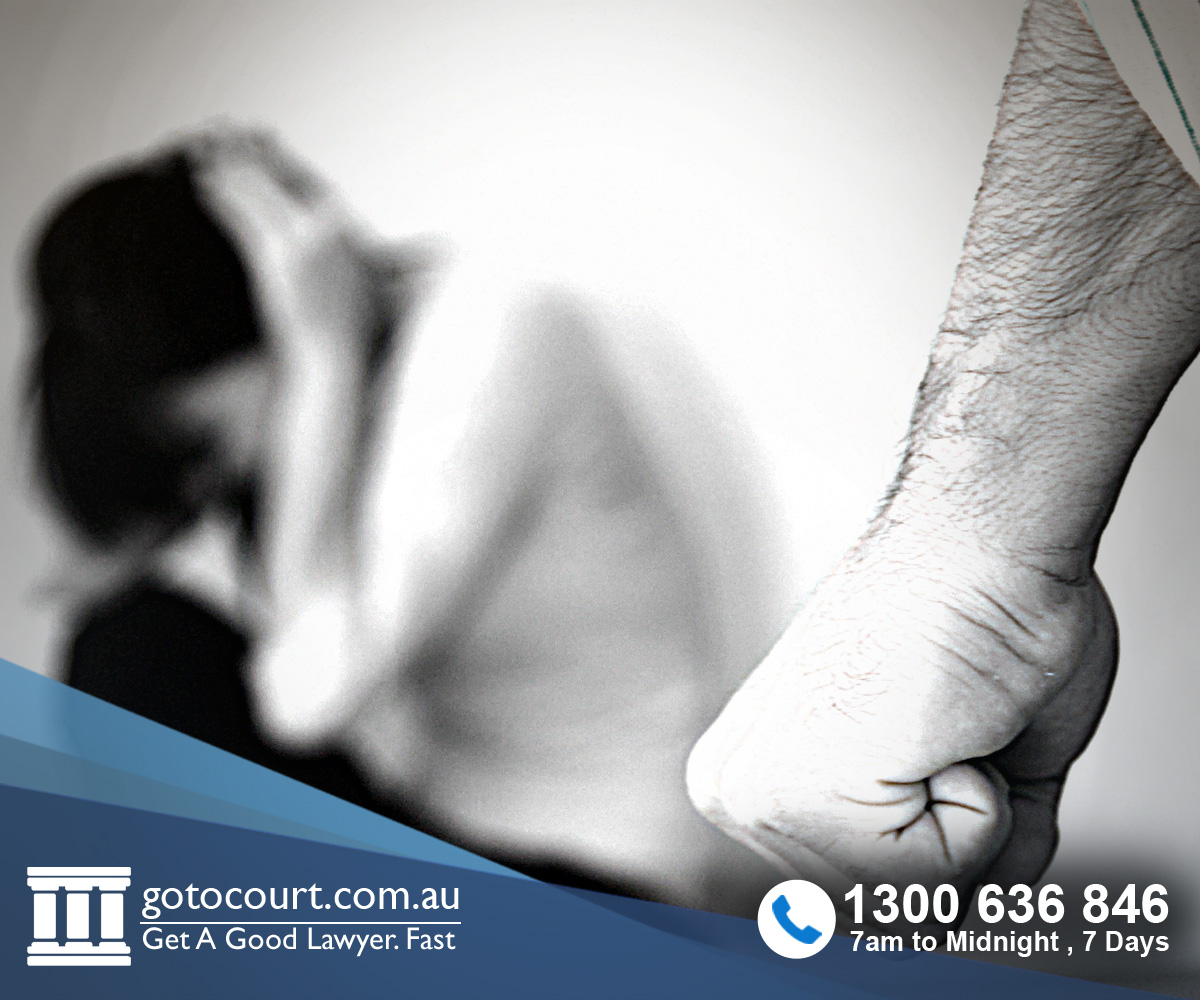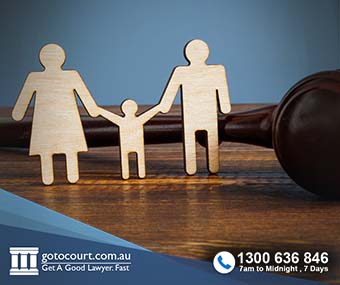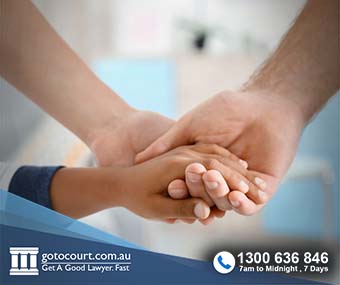Call our lawyers
now
or,
have our lawyers
call you
Child Protection (Qld)
Updated on Dec 29, 2022 • 6 min read • 209 views • Copy Link
Child Protection (Qld)
The protection of children in Queensland is governed by the Child Protection Act 1999. The act gives the Department of Communities (Child Safety) and the Children’s Court various powers to intervene where a child is at risk of harm. When the Department becomes aware that a family is struggling to care for children, it will try to support the parents to ensure the needs of the children are met. If the Department considers parents are incapable of adequately caring for children even with its support, it can remove the children from the home and make an application to the Children’s Court for Protection Orders.
Child protection law is separate from family law. While family law relates to the resolution of disputes between different members of a family, child protection law relates to disputes between the Department of Communities (Child Safety) and a family. When Child Protection proceedings are on foot, family law proceedings generally cannot be commenced or continued until the Child Protection matter has been finalised (Family Law Act, Section 69ZK).
Who is a child in need of protection?
The act defines a child in need of protection as a person under the age of 18 who has suffered significant harm, is suffering significant harm, or is at an unacceptable risk of suffering significant harm and does not have a parent who is able and willing to protect them from that harm (Section 10).
Harm includes any significant adverse effect on the child’s physical, psychological or emotional wellbeing. This may be caused by neglect or physical, emotional or sexual abuse.
Reporting child protection concerns
Mandatory reporting
The Child Protection Act requires doctors, nurses, teachers, police and early childhood professionals to report any suspicion they form during their work that a child is at risk of harm.
The report must be made in writing to the Chief Executive of the Department of Communities (Child Safety).
Reporting by general community
Any member of the community can voluntarily report child protection concerns to the department. This can be done online, by phone, or by mail. The identity of a person who makes a notification to the department is kept confidential.
The department is required to investigate any concerns reported and take action if the allegations are substantiated.
Children at risk of harm
Where the Department forms a suspicion that a child is at risk of harm, it must immediately investigate and assess the risk of harm and the child’s needs. The Department must inform the child’s parents or long-term guardians of the allegations and the outcome of the investigation.
If the department considers it important to make contact with the child prior to informing the parents of the investigation, its officers may make contact with the child at school or daycare, after informing the principal or person in charge.
What immediate action can the department take?
- The department can take the child into custody if they believe the child is at risk of immediate harm;
- The department must consider an Intervention with Parents’ Agreement (IPA) if the parents are willing to work with the department to meet the child’s needs;
- The Department can apply for Assessment Orders to authorise further investigation into the child’s needs.
What if the child is in need of protection?
If the department considers that a child is in need of protection, it may enter into a voluntary care arrangement or it may refer the matter to the Director of Child Protection Litigation (DCPL) to apply for a protection order.
Voluntary care agreement
If it is in the child’s best interests to do so, the department can enter into a voluntary care agreement with the parents for the child to be placed in the care of another person for a specified period. The agreement must state:
- Who the child is to be placed with;
- The period of the agreement;
- Where the child will live;
- Arrangements for contact between the child and the parents;
- Whether the parents must be consulted in relation to decisions about the child.
A voluntary care agreement may be appropriate where the child is at risk due to temporary circumstances and where the child can safely be returned to parents after those circumstances no longer exist.
Protection Orders
If the department considers that the child’s parents are not able or willing to protect the child adequately, it will refer the matter to the Director of Child Protection Litigation (DCPL). The DCPL will decide whether to apply for a Protection Order and what sort of order to apply for.
The DCPL may apply for:
- A short-term custody or guardianship order for a period of up to two years.
- A long-term guardianship order.
If a short-term order is made, the department will have the care and responsibility for the child for the period of the order, after which these revert to the child’s parents. If a long-term order is made, the department will be responsible for the care of the child until the child turns 18.
What happens next?
When an application for a protection order is made, it must be served on the child’s parents. Each parent can then file a response, indicating whether they agree to the order being sought by the Department, or whether they oppose it.
If there is another person with a significant interest in the child, such as a grandparent, that person may apply to be allowed to participate in the proceedings. Family members can also ask to be assessed as kinship carers. If such an assessment is positive, orders may be made that the child live with the person in a placement supervised and supported by the Department.
The court may appoint a Separate Representative to represent the child’s interests to the court. This is a lawyer whose job is to talk to the child and to other persons involved with the child and form an assessment of what is in the child’s best interests. The Separate Representative will then make submissions to the court about the child’s views and wishes and what is in the child’s best interests.
To obtain the order, the DCPL must demonstrate that the child is a child in need of protection and that the order sought is appropriate and desirable for the child’s protection and that no less intrusive order could achieve the protection sought (Section 59).
If you require legal advice or representation please contact Go To Court Lawyers.

Affordable Lawyers
Our Go To Court Lawyers will assist you in all areas of law. We specialise in providing legal advice urgently – at the time when you need it most. If you need a lawyer right now, today, we can help you – no matter where you are in Australia.How It Works







1. You speak directly to a lawyer
When you call the Go To Court Legal Hotline, you will be connected directly to a lawyer, every time.


2. Get your legal situation assessed
We determine the best way forward in your legal matter, free of charge. If you want to go ahead and book a face-to-face appointment, we will connect you with a specialist in your local area.


3. We arrange everything as needed
If you want to go ahead and book a fact-to-face appointment, we will connect you with a specialist in your local area no matter where you are and even at very short notice.

